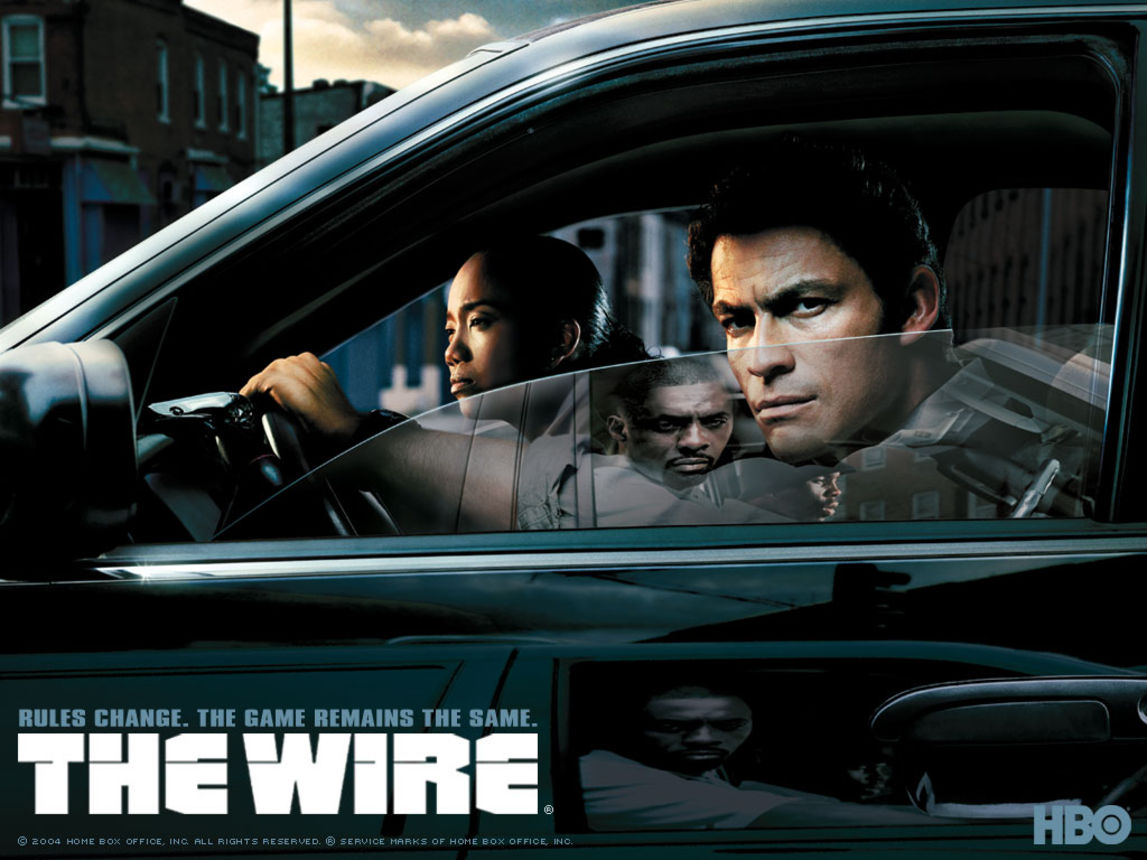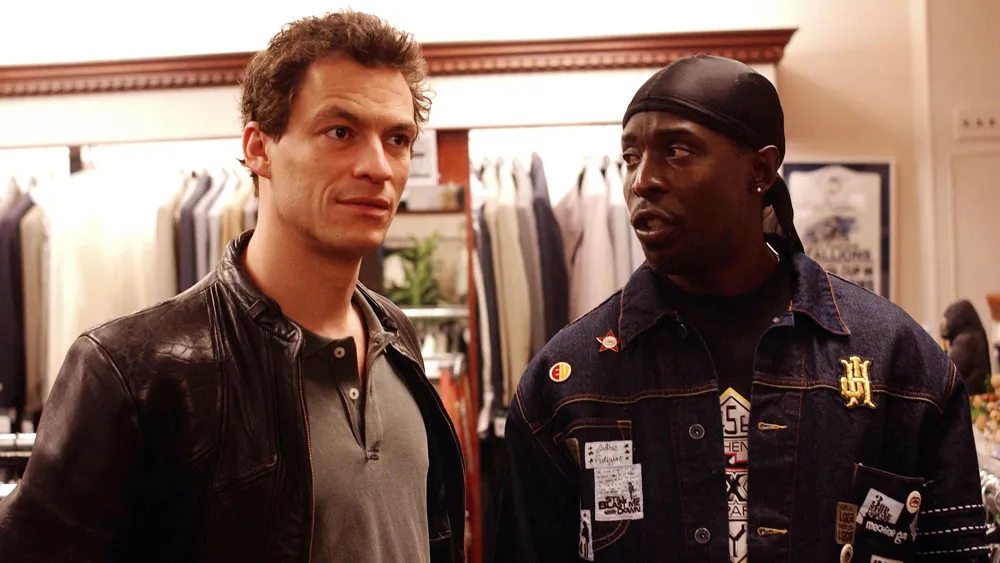The Wire, created by former police reporter David Simon and former Baltimore homicide detective Ed Burns, is an American crime drama television series that aired from 2002 to 2008 on HBO. The show is widely regarded as one of the greatest television series of all time, known for its deep exploration of societal and institutional issues in the city of Baltimore.
Unlike traditional crime dramas that focus primarily on law enforcement and criminal activities, The Wire presents a layered and detailed portrayal of a single American city, exploring the interconnected lives of law enforcement officers, drug traffickers, the school system, the media, and politicians. Each season introduces a new facet of Baltimore, from the drug trade and the port system to the city government and schools, culminating in a portrayal of the media in the final season.
One of the distinguishing features of The Wire is its commitment to realism. Simon’s experience as a journalist and Burns’ background in law enforcement lent the show an authenticity rarely seen in television dramas. The dialogue, character development, and plotlines are deeply influenced by real-life events and experiences, offering a raw, unfiltered look at the complexities of urban life.
The series is renowned for its complex characters who defy the typical stereotypes seen in crime dramas. Characters on both sides of the law are presented as deeply flawed, yet sympathetic, with their actions and motivations explored in depth. Notable characters include Jimmy McNulty (Dominic West), a rebellious and troubled police detective; Avon Barksdale (Wood Harris) and Stringer Bell (Idris Elba), leaders of a drug trafficking organization; and Omar Little (Michael K. Williams), a lone gunman who preys on drug dealers.
The Wire also stands out for its structural narrative, often compared to a novel in terms of depth and complexity. The show employs a slow storytelling pace, allowing for detailed character development and a nuanced exploration of the systemic issues affecting the city. This approach enables the series to delve into the social, political, and economic forces that shape the lives of the characters and the city as a whole.
Critically, The Wire received acclaim for its realistic portrayal of society and its insightful commentary on the failures of institutional systems. It challenged the conventions of the crime drama genre and television storytelling, offering a nuanced and unvarnished look at the challenges facing American cities.
Despite its critical success, The Wire was not a ratings hit during its original run and was overlooked by major award shows. However, it has since gained a large and devoted fanbase and has been the subject of academic studies and critical analyses. Its influence can be seen in the wave of high-quality, character-driven television dramas that followed.
The Wire is much more than a crime drama; it is a profound and compelling exploration of American urban life. Its realistic portrayal of Baltimore, complex characters, and deep thematic content make it a landmark series in television history. The show’s ability to engage with and critique social and institutional issues has earned it a place as one of the most important and influential television series of the early 21st century.







